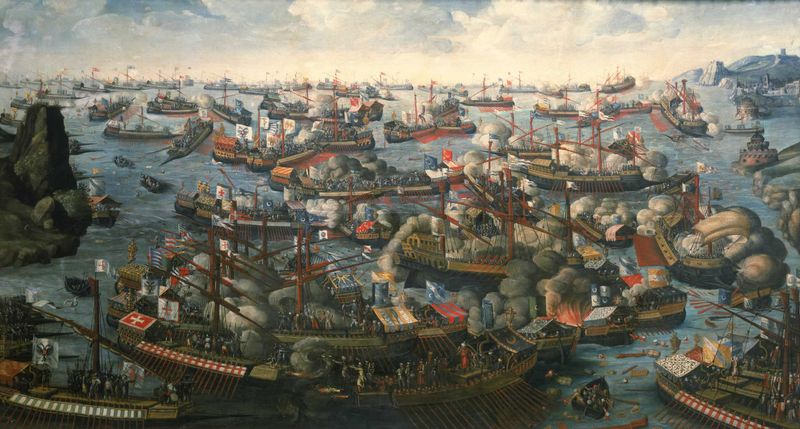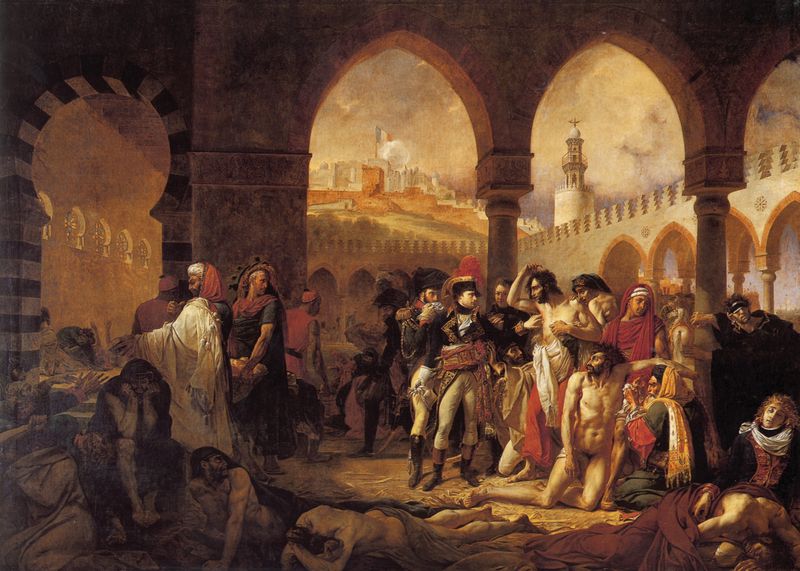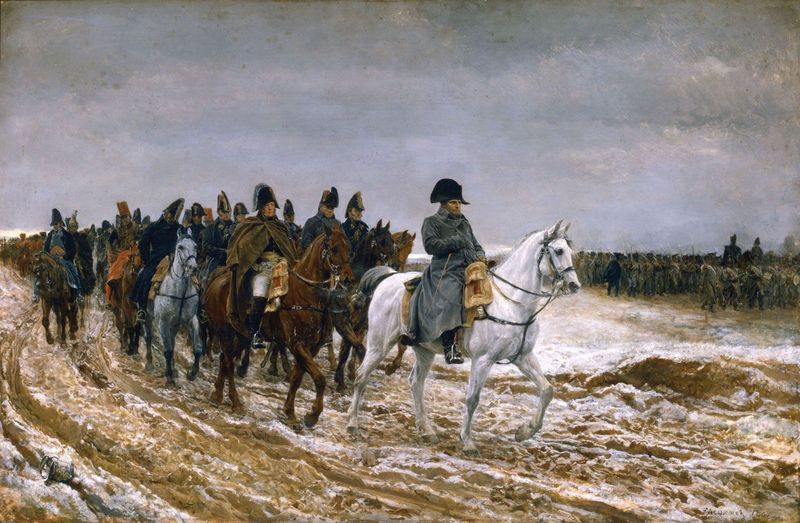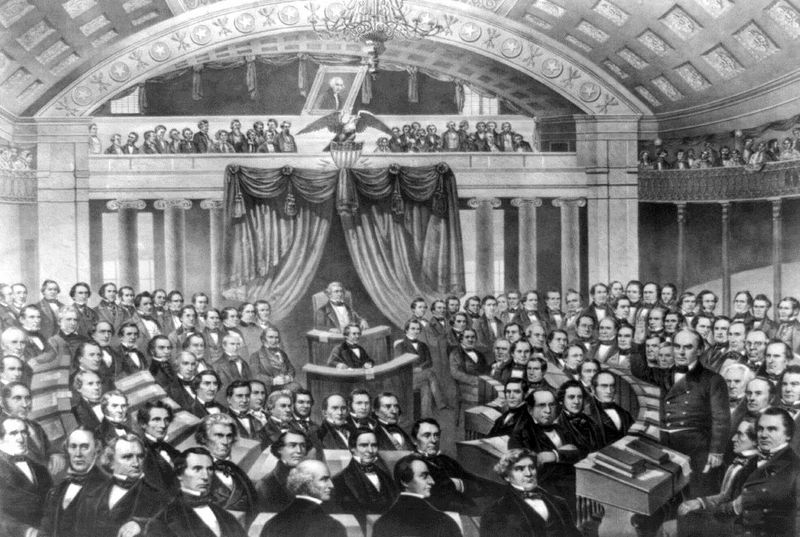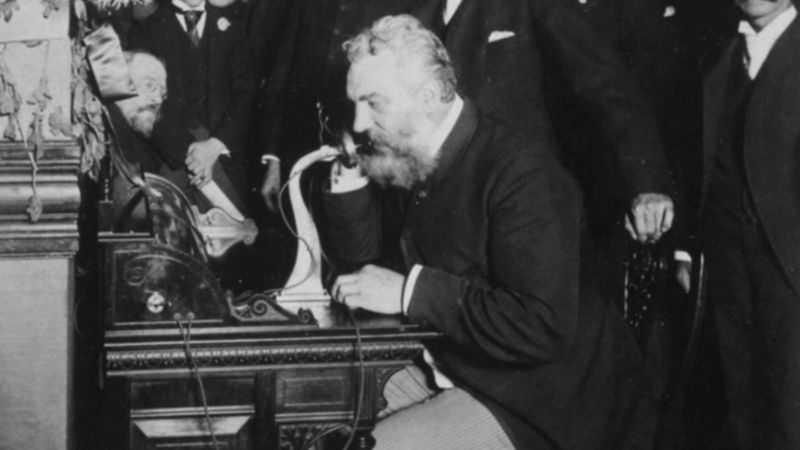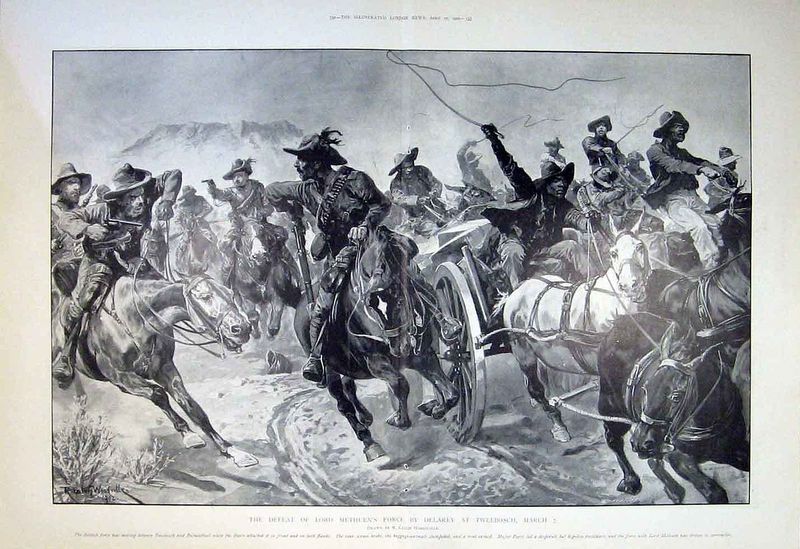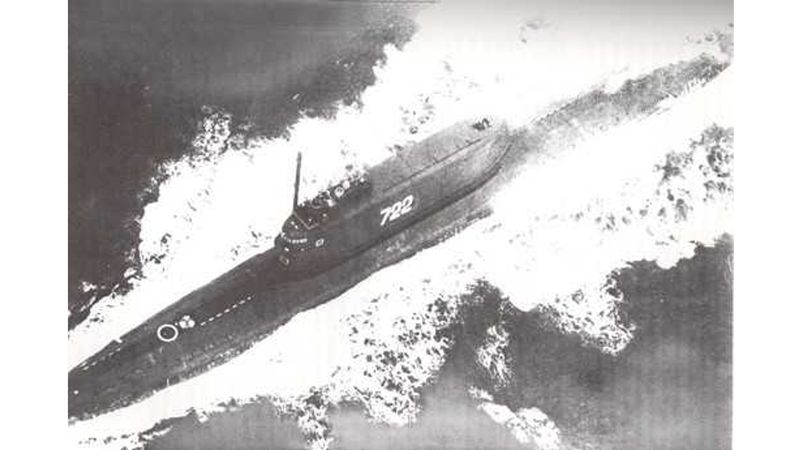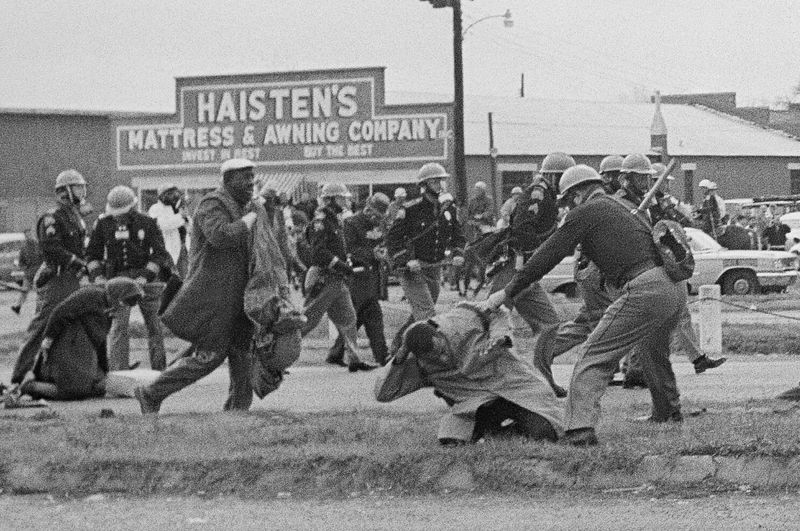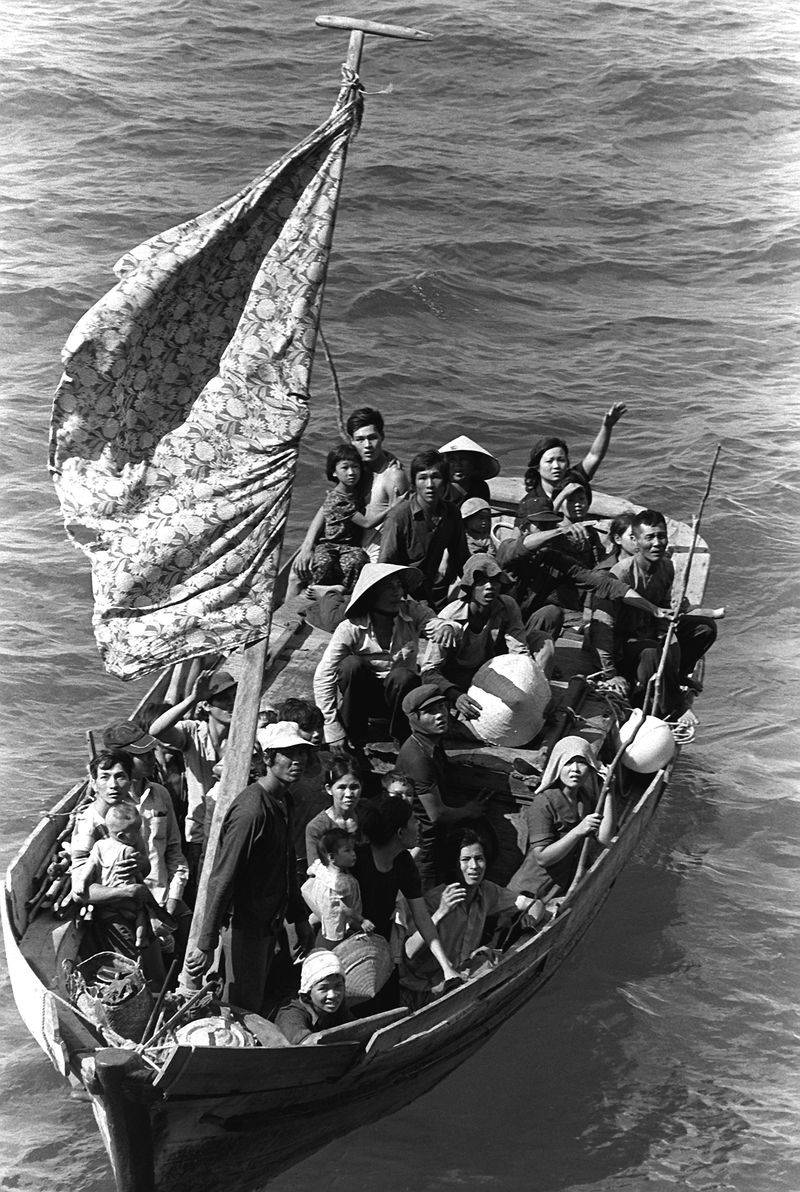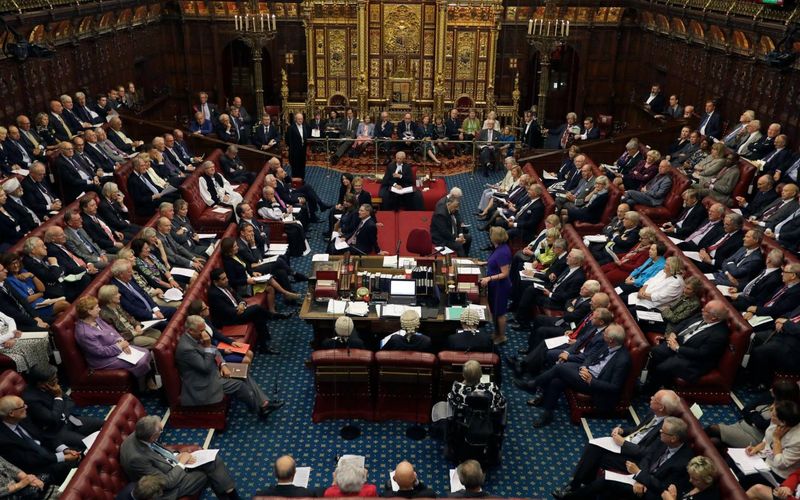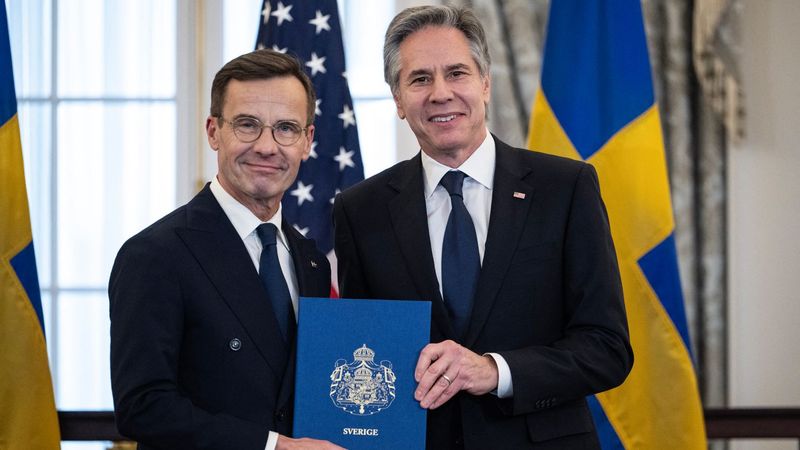March 7th has witnessed a multitude of pivotal events throughout history. From groundbreaking inventions to significant political shifts, this date has been marked by numerous historical moments.
Each of these events, spanning different centuries and countries, has contributed to shaping the world as we know it today. Let’s explore these defining moments.
1. 161 – Marcus Aurelius and Lucius Verus Become Joint Emperors of Rome
March 7, 161 AD, marked the beginning of a new era in Roman history as Marcus Aurelius and Lucius Verus ascended as joint emperors. Their co-reign symbolized the unity and strength of the Roman Empire during a time of prosperity.
Known for his philosophical writings, Marcus Aurelius’ stoic philosophy influenced governance. Meanwhile, Lucius, known for his military prowess, strengthened Rome’s frontiers.
Their reign exemplified a balance between intellectual wisdom and military strength. This unprecedented diarchy set a precedent for future leadership dynamics in Roman politics, showcasing the effectiveness of shared power in governance.
2. 1138 – Konrad III Elected King of Germany
On March 7, 1138, Konrad III was elected King of Germany, marking a significant shift in the country’s medieval history. His election, following the death of Lothair II, ended a period of instability and laid the foundation for the Hohenstaufen dynasty.
Konrad’s reign focused on strengthening the monarchy and consolidating territories. He was known for his efforts in the Second Crusade, although not entirely successful.
His rule was characterized by attempts to assert imperial authority over rebellious nobles, paving the way for future monarchs. Konrad’s election was a turning point in German medieval politics.
3. 1277 – University of Paris Issues Final Condemnation of Theological Theses
In 1277, the University of Paris issued a final condemnation of various theological theses, a move that significantly impacted medieval scholasticism.
This act was meant to counter the influence of Aristotelian philosophy, which was seen as contradicting religious doctrine.
The condemnation led to a reevaluation of theological and philosophical teachings, influencing the direction of academic thought in Europe. It sparked debates among scholars, fostering a climate of intellectual inquiry.
This decision by the University of Paris marked a pivotal moment in the history of education, shaping the boundaries between faith and reason during the Middle Ages.
4. 1573 – Ottoman-Venetian War Ends, Cyprus Remains in Ottoman Hands
The conclusion of the Ottoman-Venetian War on March 7, 1573, left Cyprus firmly in Ottoman hands. This peace agreement ended a prolonged period of conflict that had significant implications for Mediterranean power dynamics.
The war had seen fierce naval battles and sieges, highlighting the strategic importance of Cyprus. The peace treaty allowed Venice to retain some territories but acknowledged Ottoman supremacy in the region.
This event reshaped the balance of power in the Mediterranean, with the Ottoman Empire solidifying its influence. It marked a crucial turning point in the history of Cyprus and the region’s geopolitical landscape.
5. 1799 – Napoleon Captures Jaffa, Massacres 2,000 Albanian Prisoners
On March 7, 1799, Napoleon Bonaparte captured the city of Jaffa, a significant event during his Egyptian campaign.
This victory was overshadowed by the controversial massacre of approximately 2,000 Albanian prisoners, raising questions about Napoleon’s military ethics. The fall of Jaffa was a strategic win, allowing Napoleon to strengthen his position in the region.
However, the brutal treatment of prisoners tarnished his reputation, drawing criticism from both allies and adversaries.
This event highlighted the harsh realities of war and the moral complexities faced by military leaders, leaving a lasting impact on Napoleon’s legacy.
6. 1814 – Napoleon Wins the Battle of Craonne
The Battle of Craonne on March 7, 1814, was a crucial encounter during the War of the Sixth Coalition. Napoleon, facing overwhelming odds, secured a tactical victory against Russian and Prussian forces.
This battle demonstrated his strategic brilliance and determination to defend French territories. Despite the victory, the heavy casualties weakened his army, foreshadowing future defeats.
The triumph at Craonne showcased Napoleon’s resilience but also highlighted the dwindling resources and manpower of his forces. This event was a testament to his tactical genius, yet underscored the challenges facing his empire during its final days.
7. 1826 – Shrigley Abduction: Ellen Turner Kidnapped
The Shrigley Abduction on March 7, 1826, involved the kidnapping of 15-year-old Ellen Turner, a wealthy heiress, by Edward Gibbon Wakefield. This scandalous event shocked Victorian society and led to significant legal consequences.
Wakefield’s plan aimed at marrying Ellen to gain her fortune, exploiting loopholes in marriage laws. The abduction highlighted vulnerabilities in legal systems, sparking legislative changes to protect minors.
Ellen’s eventual rescue and Wakefield’s capture underscored the societal focus on morality and justice. The Shrigley Abduction became a famous case study in law, influencing legal reforms in marriage and abduction laws.
8. 1850 – Daniel Webster Delivers Famous “Seventh of March” Speech
On March 7, 1850, Daniel Webster delivered his renowned “Seventh of March” speech, advocating for the Compromise of 1850. His speech was aimed at preserving the Union amidst growing tensions between North and South over slavery.
Webster argued for concessions to maintain peace, appealing to both sides for unity. His eloquence and statesmanship were widely recognized, though his stance drew criticism from abolitionists.
The speech played a crucial role in shaping the debate over slavery, highlighting the complexities of balancing moral convictions with political pragmatism. It remains a significant moment in American political history.
9. 1876 – Alexander Graham Bell Granted Patent for the Telephone
March 7, 1876, marked a technological milestone as Alexander Graham Bell was granted a patent for the telephone. This invention revolutionized communication, bridging distances and transforming society.
Bell’s work laid the foundation for modern telecommunications, showcasing the power of innovation in improving human connectivity. His achievement spurred further advancements in technology, influencing countless aspects of daily life.
The telephone’s impact on business, personal communication, and emergency response was profound, altering social dynamics. This key development in communication technology is celebrated as a pivotal step in the evolution of global connectivity.
10. 1902 – Battle of Tweebosch: Boer Victory Over British Forces
The Battle of Tweebosch on March 7, 1902, was a significant conflict during the Second Boer War, resulting in a decisive Boer victory over British forces. Led by General Koos de la Rey, the Boers capitalized on their knowledge of the terrain.
This victory was a morale boost for the Boers, demonstrating their resilience against the might of the British Empire.
Despite their win, the war eventually concluded with British success, but Tweebosch highlighted the tenacity and strategic acumen of the Boer fighters. It remains a notable episode in the history of South African resistance during colonial conflicts.
11. 1921 – Labin Republic Proclaimed
On March 7, 1921, miners in Labin, Croatia, proclaimed the Labin Republic, a short-lived self-governing body established in response to labor exploitation. This rebellion was a bold statement against oppressive working conditions.
The miners’ strike and subsequent declaration of independence showcased their determination to fight for better rights and conditions. Although the republic lasted only a month, it inspired future labor movements.
The Labin Republic remains a symbol of resistance and workers’ rights, highlighting the power of collective action in challenging exploitation and advocating for justice.
12. 1931 – Parliament House of Finland Officially Inaugurated
The inauguration of the Parliament House of Finland on March 7, 1931, marked a significant moment in Finnish political history. This architectural masterpiece became the center of Finnish democracy.
Designed by architect Johan Sigfrid Sirén, the building represented Finland’s commitment to parliamentary governance and national identity. The inauguration ceremony was a celebration of Finnish autonomy and political progress.
The Parliament House continues to symbolize Finland’s dedication to democratic principles and remains a central hub for political discourse in the country, reflecting the nation’s cultural and political aspirations.
13. 1941 – German U-Boat U-47 Disappears Without a Trace
On March 7, 1941, the German U-Boat U-47 vanished without a trace in the Atlantic Ocean. Commanded by Günther Prien, this submarine was renowned for its daring maneuvers during World War II.
The disappearance remains one of the enduring mysteries of naval warfare, with various theories regarding its fate. U-47’s loss was a blow to the German Kriegsmarine, highlighting the perils of submarine warfare.
The mystery surrounding its vanishing continues to intrigue historians and naval enthusiasts alike, serving as a poignant reminder of the unpredictability and dangers faced by submariners during the war.
14. 1951 – Operation Ripper Begins in Korean War
Operation Ripper commenced on March 7, 1951, as a major UN offensive during the Korean War, led by General Matthew Ridgway. The operation aimed to recapture Seoul from Chinese and North Korean forces.
This strategic maneuver demonstrated the resilience and determination of UN forces to regain lost territories. The operation successfully pushed enemy troops back, marking a turning point in the conflict.
Operation Ripper showcased the challenges and complexities of warfare, emphasizing the importance of strategic planning and coordination in military success. It remains a significant episode in the history of the Korean War.
15. 1951 – Iranian Prime Minister Ali Razmara Assassinated
On March 7, 1951, Iranian Prime Minister Ali Razmara was assassinated in Tehran, a pivotal event in Iran’s political history. His assassination was perpetrated by a member of the Fadayan-e Islam, a radical group opposed to his policies.
Razmara’s death exacerbated political tensions, leading to the nationalization of the Iranian oil industry. His assassination underscored the volatile nature of Iranian politics during this period, highlighting the conflicts between modernization and traditionalism.
This event marked a turning point in Iran’s political landscape, influencing subsequent developments in the country’s governance and international relations.
16. 1951 – Northwest Orient Airlines Flight 307 Crashes in Minneapolis
The tragic crash of Northwest Orient Airlines Flight 307 on March 7, 1951, in Minneapolis resulted in the loss of all 14 passengers and crew. The aircraft struck a flagpole before crashing into a residential area.
This accident highlighted the challenges and risks associated with early commercial aviation. Investigations revealed issues with the plane’s approach during landing, prompting changes in safety protocols.
The crash underscored the importance of advancing aviation safety measures. It remains a somber reminder of the need for stringent safety standards in the airline industry to protect passengers and crew.
17. 1965 – Bloody Sunday: Civil Rights Marchers Attacked in Selma, Alabama
On March 7, 1965, civil rights marchers were violently attacked by law enforcement in Selma, Alabama, during a peaceful protest for voting rights. This event, known as Bloody Sunday, became a turning point in the American civil rights movement.
The brutal assault on marchers drew national attention, highlighting the systemic racism and injustices faced by African Americans. It spurred widespread support for the Voting Rights Act of 1965, eventually leading to its passage.
Bloody Sunday remains a symbol of the struggle for equality and justice, emphasizing the power of peaceful protest in enacting social change.
18. 1965 – Aeroflot Flight 542 Crashes, Killing 31
The crash of Aeroflot Flight 542 on March 7, 1965, resulted in the tragic loss of all 31 passengers and crew members. The aircraft, en route to Leningrad, crashed due to severe weather conditions.
This incident highlighted the challenges faced by airlines in ensuring safety amidst adverse weather. The crash prompted a reevaluation of aviation protocols and led to improved weather forecasting and communication systems.
The tragedy underscored the need for advancements in aviation technology and safety measures, serving as a reminder of the importance of vigilance and preparedness in the airline industry.
19. 1986 – Challenger Crew Cabin Located on Ocean Floor
On March 7, 1986, the crew cabin of the Space Shuttle Challenger was located on the ocean floor, weeks after the tragic disaster. This discovery was crucial for investigators examining the cause of the explosion.
The recovery of the cabin provided valuable insights into the shuttle’s failure, leading to significant improvements in NASA’s safety protocols. This event emphasized the importance of rigorous safety standards in space exploration.
The Challenger disaster remains a poignant reminder of the risks involved in space travel, underscoring the need for constant vigilance and innovation in ensuring astronaut safety.
20. 1987 – Lieyu Massacre: Taiwanese Troops Kill Vietnamese Refugees
The Lieyu Massacre on March 7, 1987, involved the killing of Vietnamese refugees by Taiwanese troops on the island of Lieyu. This tragic event highlighted the plight of refugees and the challenges of international humanitarian issues.
The massacre drew international condemnation, raising awareness about the complexities of refugee protection and the responsibilities of host nations.
It underscored the need for stronger international frameworks to safeguard vulnerable populations. The Lieyu Massacre remains a somber reminder of the human cost of conflict and the importance of upholding human rights and dignity for all individuals.
21. 1989 – UK and Iran Cut Diplomatic Ties Over Salman Rushdie Controversy
On March 7, 1989, the United Kingdom and Iran severed diplomatic ties over the controversy surrounding Salman Rushdie’s novel, “The Satanic Verses.” The book’s publication led to widespread protests and a fatwa against Rushdie.
This diplomatic break highlighted the deep cultural and political rifts between the two nations. It underscored the challenges of balancing freedom of expression with respect for religious beliefs.
The controversy surrounding Rushdie’s novel remains a significant episode in international relations, emphasizing the need for dialogue and understanding in addressing cultural sensitivities and promoting peaceful coexistence.
22. 2006 – Lashkar-e-Taiba Bombings in Varanasi, India
On March 7, 2006, the city of Varanasi, India, was rocked by a series of bombings carried out by the militant group Lashkar-e-Taiba. These attacks targeted crowded public places, causing widespread panic and loss of life.
The bombings underscored the persistent threat of terrorism and the challenges faced by nations in ensuring public safety. In response, Indian authorities heightened security measures and increased intelligence sharing.
This tragic event emphasized the importance of international cooperation in combating terrorism and protecting civilians from acts of violence. It remains a significant moment in India’s fight against terrorism.
23. 2007 – House of Commons Votes for Fully Elected House of Lords
On March 7, 2007, the UK House of Commons voted in favor of a fully elected House of Lords, marking a significant step towards parliamentary reform. This decision aimed to enhance democratic representation and accountability.
The vote represented a shift towards modernizing the UK’s political system, reflecting public demand for greater involvement in governance. Although the reform process has been gradual, the decision was a crucial moment in the evolution of British democracy.
The move towards a fully elected House of Lords highlighted the ongoing debate about the role and composition of the UK’s upper chamber.
24. 2007 – Garuda Indonesia Flight 200 Crashes, Killing 21
The crash of Garuda Indonesia Flight 200 on March 7, 2007, at Yogyakarta airport resulted in the tragic death of 21 people. The aircraft overshot the runway and burst into flames.
This disaster highlighted critical issues in aviation safety, prompting a review of pilot training and emergency response protocols.
The crash led to significant changes in Indonesian aviation regulations, aiming to improve safety standards and prevent future accidents.
It remains a poignant reminder of the importance of adherence to safety procedures and the ongoing efforts to enhance aviation safety globally.
25. 2009 – Real IRA Kills Two British Soldiers at Massereene Barracks
On March 7, 2009, the Real IRA carried out an attack on Massereene Barracks in Northern Ireland, killing two British soldiers. This act of violence was a stark reminder of the lingering tensions in the region.
The attack occurred amidst efforts to maintain peace following the Good Friday Agreement. It underscored the challenges of achieving lasting peace in Northern Ireland and the threat posed by dissident groups.
The incident emphasized the need for continued vigilance and dialogue to address unresolved issues and prevent a return to violence. It remains a somber chapter in Northern Ireland’s troubled history.
26. 2021 – Bata Explosions Kill 108 in Equatorial Guinea
The devastating explosions in Bata, Equatorial Guinea, on March 7, 2021, resulted in the tragic loss of 108 lives. The blasts were triggered by mishandled explosives at a military base.
The disaster highlighted the critical need for stringent safety measures in handling explosives and emergency preparedness. In the aftermath, international aid and support were mobilized to assist in recovery efforts.
The explosions underscored the importance of improving safety standards and infrastructure to protect communities from such tragedies. It remains a significant event in the history of Equatorial Guinea, prompting calls for reform and accountability.
27. 2024 – Sweden Officially Joins NATO
On March 7, 2024, Sweden officially joined NATO, marking a significant shift in its defense policy. This decision was influenced by growing regional security concerns and the desire for collective defense.
Sweden’s accession to NATO was seen as a strategic move to enhance its security and contribute to regional stability. The decision was welcomed by many NATO member countries, reflecting a shared commitment to mutual defense.
Sweden’s membership underscored the evolving security landscape in Europe and the importance of alliances in addressing emerging threats. It remains a pivotal moment in Sweden’s foreign and defense policy.
28. 2024 – Hannah Gutierrez-Reed Found Guilty in Halyna Hutchins Death
On March 7, 2024, Hannah Gutierrez-Reed was found guilty in the tragic death of cinematographer Halyna Hutchins. The incident occurred during the filming of a movie, where a firearm was discharged.
The verdict highlighted the critical importance of safety protocols on film sets, emphasizing the need for stringent oversight in handling firearms. Gutierrez-Reed’s conviction served as a stark reminder of the responsibilities of those in charge of safety.
The case drew significant media attention, sparking discussions about industry standards and accountability. It remains a significant moment in the film industry, prompting calls for reform and enhanced safety measures.




